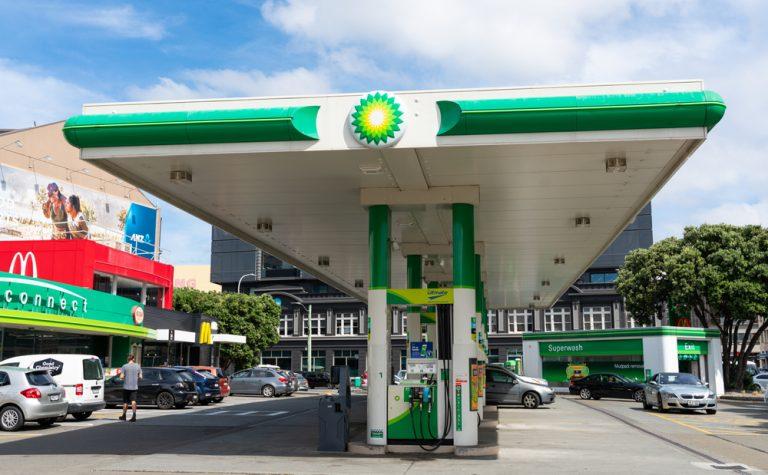
The BP share price (LON:BP) fell over 5% on Tuesday morning as the market attempted to navigate a world where oil can trade in negative territory.
The front month May WTI oil contract fell as low as -$40.23 per barrel oil in futures markets overnight, the first time in history oil has traded negatively.
This means oil traders were in effect paying people $40 to take oil away from them.
It must, however, be noted that the market in the May WTI contract was extremely illiquid as most traders had already begun trading the June contract before the May contract expires today.
Notwithstanding the oil contract dynamics, the negative oil prices caused ripples in equity markets with the BP share price falling over 5% in early trade.
Shares in oil major peers Total, Eni and Royal Dutch Shell all suffered as well.
WTI Oil
Many analysts pointed to the trading liquidity shifting to the June WTI contract where prices were still in excess of $20 and appeared to be trading normally.
However the sharp decline in oil prices for immediate delivery raised fears the physical market was facing huge problems as US storage neared capacity.
“With storage facilities filling up fast, particularly at the WTI pricing point, Cushing, there are fears that there will be nowhere to store it,” ANZ Research report in a research note.
Such as situation will be devastating for oil producers and refineries in the short term as the coronavirus lockdown threatens to force the closure of operations.
This would likely hit the shares of oil producers heavily, including the BP share price.
However, this scenario is not inevitable as President Trump starts to plan for the reopening of the economy which would reignite demand for oil and potential avoid facilities filling up completely.
A drop in the number of coronavirus deaths across the globe has led to governments outlining plans for an easing back into normal activity.
Although this won’t be a magic bullet for oil and the BP share price, it will certainly ease downside pressure, possibly leading to a sharp rebound in prices.
